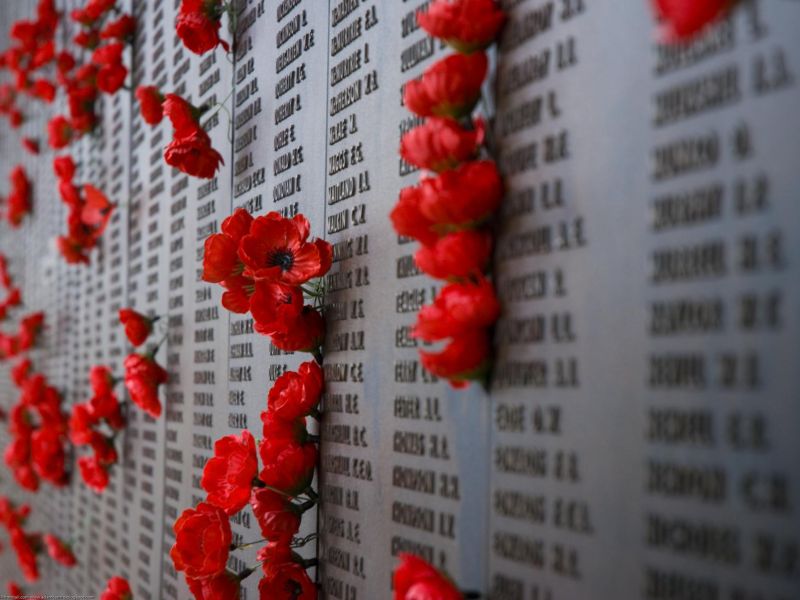422822 Flight Sergeant John Downton Whitby, No. 224 Squadron, RAF
Flying Battle 7 June 1944
John Downton Whitby was born on 5 May 1922, one of five children born to John and Ivy Whitby of Barmedan, north of Wagga Wagga, in New South Wales. Whitby attended Temora Intermediate High School, and later worked as a bank clerk and ledgerkeeper in the area. He was a keen sportsman, who enjoyed swimming, running and athletics, and played cricket, golf and tennis.
In May 1942, not long after his 20th birthday, Whitby travelled to Sydney and enlisted in the Royal Australian Air Force. He trained at various bases across New South Wales and Victoria, including West Sale, Cootamundra and Parkes, and by March 1943 was mustered as a navigator.
In April 1943 he embarked from Sydney for continued training as part of the Empire Air Training Scheme in Canada. The Empire Air Training Scheme was a system by which airmen from across the British Empire was pooled together for training and sent to whichever unit required their services. As a result of the scheme, many Australians served in non-Royal Australian Air Force units as part of the wider Allied war effort.
Whitby trained at Edmonton, Summerside and Patricia Bay, before embarking from Canada for the United Kingdom in July. Shortly after arriving in the United Kingdom he was promoted to flight sergeant. In December of that year he was attached to Royal Air Force No. 224 Squadron.
Part of RAF Coastal Command, No. 224 Squadron was flying Consolidated Liberator heavy bombers on anti-submarine patrols over the Atlantic Ocean, a difficult and dangerous task that required high levels of concentration and excellent navigational skills.
In June 1944, Whitby and his squadron took part in anti-submarine patrols in the lead up to and immediate aftermath of the D-Day landings in Normandy, France. Their work was essential to protect shipping columns providing materials to the Allied war effort, and to Allied ships crossing the English Channel during the invasion.
On 7 June 1944, the day after D-Day, Whitby was serving as navigator on Liberator BZ 915 as it took part in an anti-submarine patrol south of England. The aircraft took off shortly after midnight from its base at Saint Eval, Cornwall, and was last heard from at about 2 am, reporting that it was engaging the enemy near Ushant, an island off the coast of France. No further contact was made with the aircraft. The crew - seven Australians and three British airmen - were later presumed to have been lost at sea.
John Whitby was 22 years old.
His name is listed on the Runnymede Memorial in Britain, which records the names of more than 20,000 airmen and airwomen who lost their lived in the Second World War and have no known grave.
- Australian War Memorial https://www.awm.gov.au/collection/R1715179
 Australian War Memorial
Australian War Memorial